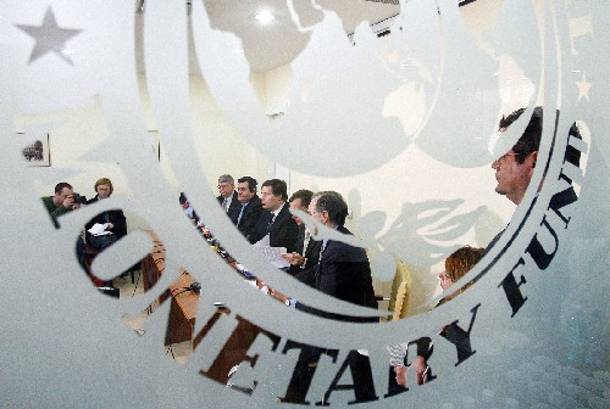Washington (dpa) – The International Monetary Fund warned Monday that Greece‘s failure to reform its infamously ineffective income tax system was placing undue burdens on the debt-plagued country‘s social system.
In preliminary findings from recent visits by staff, the Washington-based crisis lender praised Greece‘s progress on "daunting" challenges since a 2010 international bailout.
But Greece has made "insufficient" structural reforms in taxation, competition and reducing bloated public payrolls, causing "unequal distribution of the burden" across the economy.
"Very little progress has been made in tackling Greece‘s notorious tax evasion," the IMF staff report said. "The rich and self-employed are simply not paying their fair share, which has forced an excessive reliance on across-the-board expenditure cuts and higher taxes on those earning a salary or a pension."
Greece‘s tax administration needs greater independence to be insulated against "what is still pervasive political interference," the report said.
Labour market reforms have lowered wages, but closed professions and inadequate competition have not allowed prices of goods and services to decline concurrently, putting "too much of the burden" so far on wage earners.
The public sector remains "over-staffed", while younger workers in the private sector have suffered disproportionately. "The taboo against mandatory dismissals must be overcome," the IMF said.
The Greek Parliament passed a measure on April 28 that slashes government payrolls by 15,000 workers by the end of 2014.
The IMF praised Greece for "making progress in overcoming deep-seated problems in the midst of a very serious and socially painful recession."
The country has stabilized its financial sector, made a "significant dent" in its competitiveness gap and made "exceptional" progress in deficit reduction even while the economy was contracting by more than 20 per cent in a long-running recession that has been "much deeper than expected," the report said.
Greece has received "unprecedented support" from international creditors including 226 billion dollars from the eurozone and the European Central Bank, the IMF pointed out. dpa fff pr Author: Frank Fuhrig









